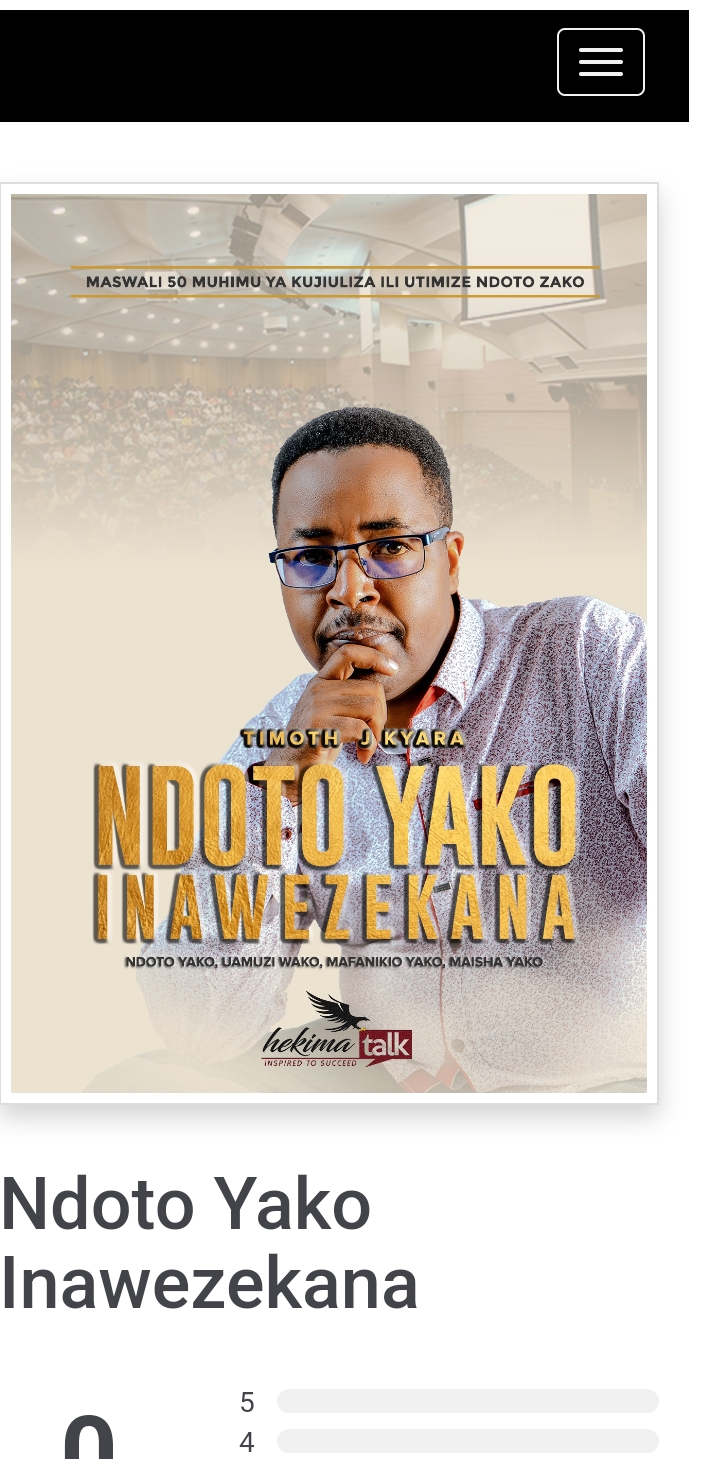The Vendor Approach
From the start, GetValue has been busy helping individuals like you take their first steps toward generating an additional income stream. Vendors’ success all boils down to following a simple business model that has the power to transform your knowledge into a profitable business.
Vendors and Information Products
Many successful vendors are building their businesses around “how to” information products that teach others how to do something new, better, or more efficiently. Essentially, these vendors are selling information products, which let them package their expertise so that it can be sold repeatedly.
Here are some examples:
- How to play a musical instrument.
- How to have a better love life.
- How to market a business.
- How to stay fit after turning 50.
- How to potty train your child.
- How to coach a football team.
Virtually any topic for which you can create a “how to” is a viable candidate for information products.
Capturing Information and Selling Digital
Products
There are several ways you can capture your knowledge so it can be sold over and over again. In the past, information products were text-based products that were primarily delivered in books, reports, or manuals. However, one of the great things about becoming an information product vendor today is that you have a lot more options. Today, you not only can sell text-based books, you can also create simple audio and video products.
And, thanks to the Internet, people all over the world can buy your products. Today, customers can order your product online and get access to a digital version of the product right away. This is a win-win for you and the customer.
When you’re selling a digital information product online, you really can build a business that runs mostly on autopilot, creating a passive revenue stream for yourself.
You might be thinking… Why would somebody pay for my knowledge?
Don’t Disregard the Value of Your Knowledge and Expertise
A big mistake people often make is thinking that whatever they know or have learned is common knowledge and not worth anything to anybody.
Have you ever purchased an information product? At some point in your life you have probably purchased a “how to” book or video to help save you time, money or hassle. This is exactly why other people would pay good money for your knowledge. People are eager to learn from someone who has been there and done that.
Think about it this way. You’ve spent years gaining your knowledge and experience. Someone could save a ton of time, money, or hassle by learning from you! You could help people avoid costly mistakes, while helping them accomplish something new. Here is a real vendor example:
Let’s say you’ve built a successful, part-time janitorial business that cleans office complexes in the evenings and on weekends. Maybe after some years of struggling you learned the ins and outs of getting clients, pricing your services, hiring and managing workers, or even where to buy the best supplies.
What if you then captured your hard-earned experience and knowledge into a series of “how to” manuals and videos? This product would be great for people who want to start their own part-time janitorial business because it would save them time, money, and hassle. Essentially, they would be paying to learn what you have already figured out! And that’s worth something.
Comparing Vendors to Traditional Authors
You might be thinking that there’s really not much of a difference between a GetValue vendor and a non-fiction author. However, this is completely false. The information product vendor’s approach is very different, and offers unique advantages not available to traditional authors.
There is a reason most GetValue vendors make more money than most authors. This is because the underlying business model for vendors is very different and far more effective, due to a handful of very powerful concepts.
The first concept has to do with the nature of the relationship with the customer. Traditional authors don’t have a clue who’s buying their books. When selling through a traditional bookstore or typical online retailer you’ll know how many books you sold, but you do not know who your customer actually is. This is because the retailer doesn’t share customer information with the author.
And what about potential customers – the people who are interested in your product, but are not yet ready to buy? Typical retailers don’t even have this information, so there is no chance the author is going to get it.
However, with the business model offered by GetValue, you can establish a direct connection with both your customers and your prospects because you’ll have their contact information. This direct connection is the cornerstone of our approach and leads directly to the next powerful concept: the concept of selling to your customers again and again.
An author typically has to think in terms of one-time sales. They write a book and hope people buy it. Some of these customers might buy the author’s next book when it’s available, but it can be quite hit-or-miss and the author has little control. As a vendor, however, you know who your customers are and how to contact them – so you can actively promote and sell additional information products to the same customers over time.
Typical authors also have to appeal to the masses. They can’t sell to the same customers over and over, so they need a lot of one-time sales to make any money. For a vendor, highly-specialized topics have a ton of potential. Even with a specialized topic, a GetValue vendor can sell more and deeper information to relatively small base of customers, over time.
And while an author only has one option – the book – a vendor has a number of options. This concept is known as stair-stepping.
Stair-stepping is giving prospects and customers the opportunity to step their way through increasing levels of engagement and investment – because people have different wants and needs at different times. For prospects who are interested in the topic but not ready to buy, the vendor may offer a free downloadable report as a way to get the customer engaged and comfortable with the product offerings.
Then, the vendor might offer the prospect a Tsh 5,000- Tsh 20,000 basic “how to” product. From there, the customer might be able to buy a more expensive series of videos that goes beyond the basics and provides in-depth training. n.
In summary, a vendor typically has a range of options at different price points, because many of their customers will want more information over time.
Recap of the major differences:
- Authors don’t know who their customers are. Vendors have a direct connection to their customers and prospects.
- Authors typically sell to their customers one time. Vendors want to sell to their customers again and again over time.
- Authors must try to appeal to the masses, while a vendor can be very successful in a highly specialized niche.
- Authors typically have one relatively low option (a book). Vendors will have a range of options and price points.
- Authors are limited to the written word. Vendors can also leverage audio and video formats to deliver their information.
- The ClickBank vendor approach is far more profitable and effective when compared to traditional authorship.
Advantages of Selling Information Products
- You will be able to connect and communicate with your customers directly.
- Your goal is to sell to the same customers over and over again.
- You can have deeper content on specialized topics.
- You can offer various product levels for stair-stepping.
- You can leverage many product form factors like audio, text, and video.









